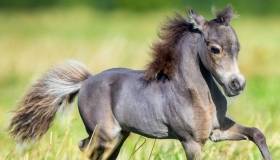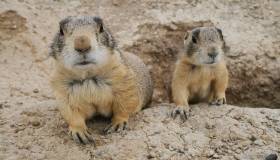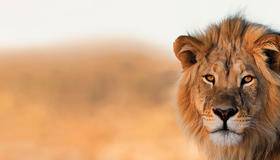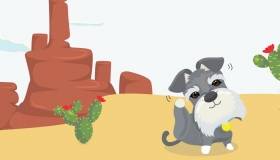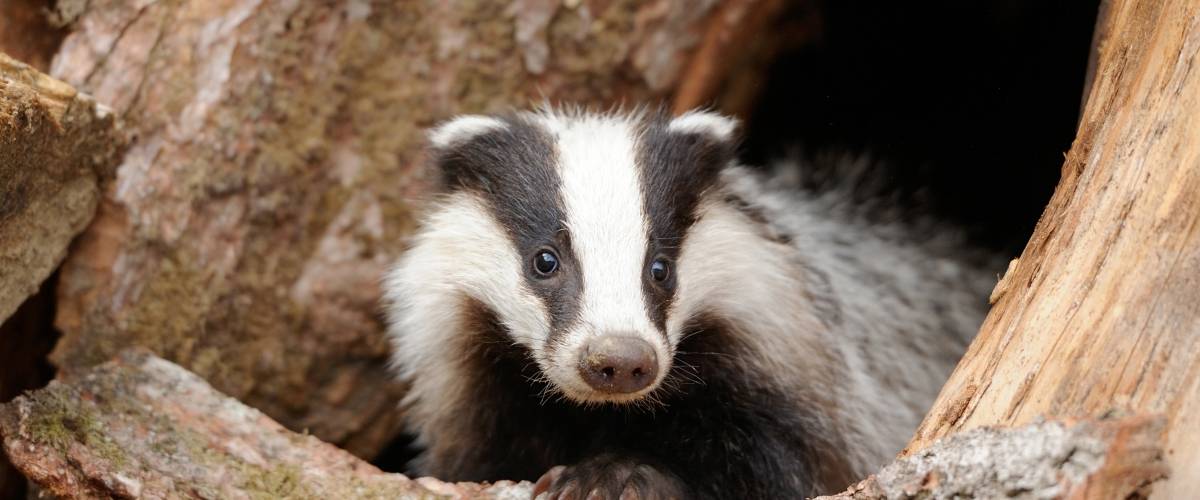
March 8, 2016 – In the United Kingdom, an ongoing and growing outbreak of tuberculosis in cows has public health officials worried. Cows can spread the disease to humans through dairy products, and in some cases, direct contact. Badgers are known carriers of Mycobacterium bovis (the bacteria that causes tuberculosis in cattle) and are suspected to be major players in spreading disease in the current outbreak.
Health officials have tried to come up with an effective tuberculosis control strategy. They attempted to cull the badger population. This effort was not only ethically controversial but, given badgers’ social structure, actually encourages population migration, spreading the disease further. Oral vaccination strategies were proposed but raised concerns that other animals might inadvertently eat the special baits, and that the bait itself was not good for the environment. Physically separating the two species was not feasible. A new solution is urgently needed.
Morris Animal Foundation-funded researchers in Surrey, England, have taken on the challenge. The team is developing a unique strategy to prevent the spread of tuberculosis from badgers to cattle that will be both environmentally friendly and safe for the badgers.
The researchers base their solution on preliminary data that show certain bacteria found in probiotics have activity against numerous Mycobacterium. The team has tested promising bacteria and narrowed down the antimicrobial-producing strains to the best candidates. Their plan is to ultimately merge the bacterial DNA with M. bovis genes to create a combination vaccine and antimicrobial. Ongoing funding and research on this novel oral vaccine strategy will, hopefully, create a safe and environmentally sound product for use in badgers. The strategy also has potential for use in other wildlife species associated with the spread of tuberculosis.
Morris Animal Foundation has a long history of investing in innovative approaches to solving pressing global animal health problems. As we gather our Wildlife Scientific Advisory Board to review this year’s grant applications this week, we are committed to funding the best science by the most brilliant minds from around the world. Learn more about our granting process as well as our ongoing and past research projects.

